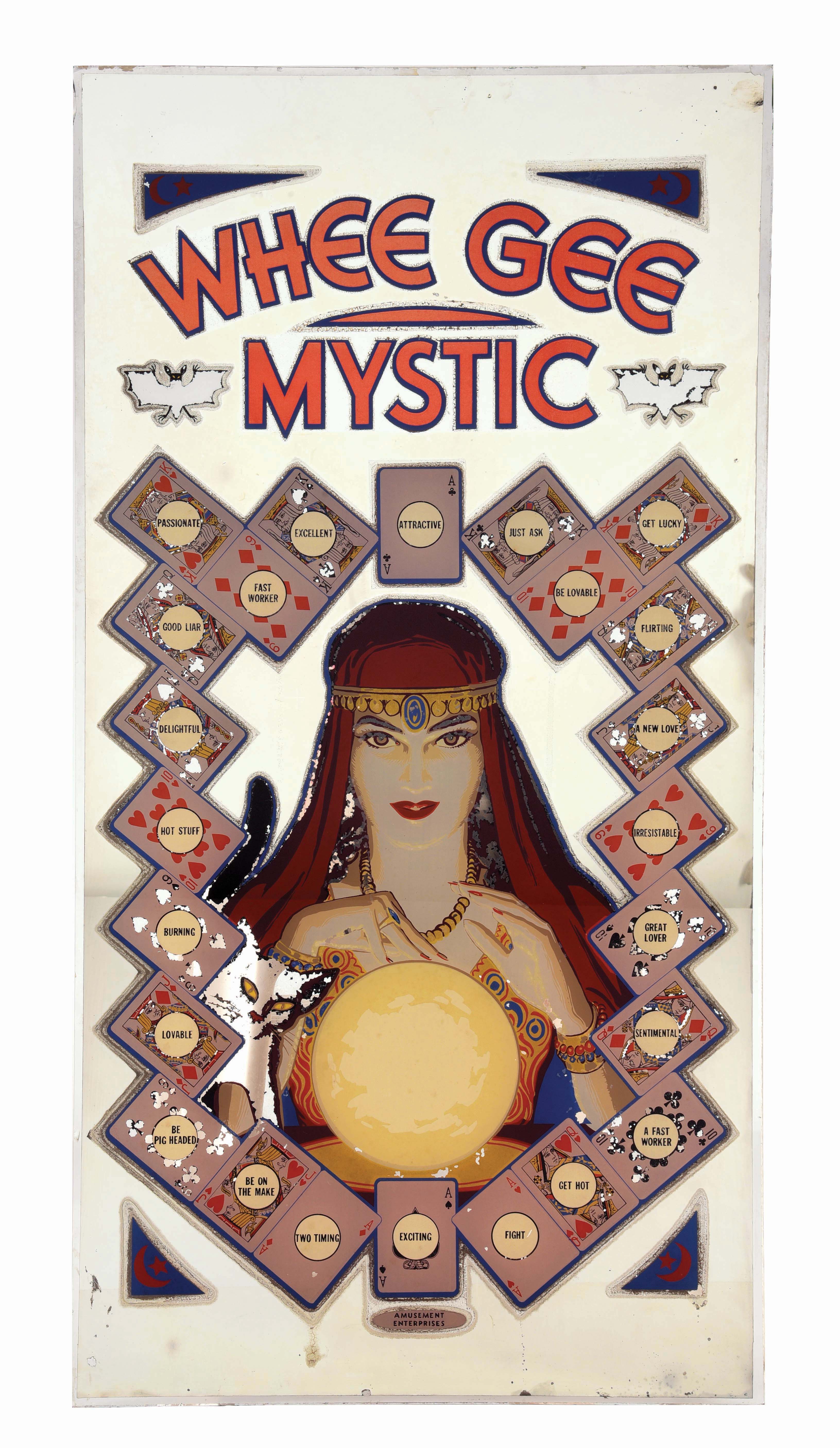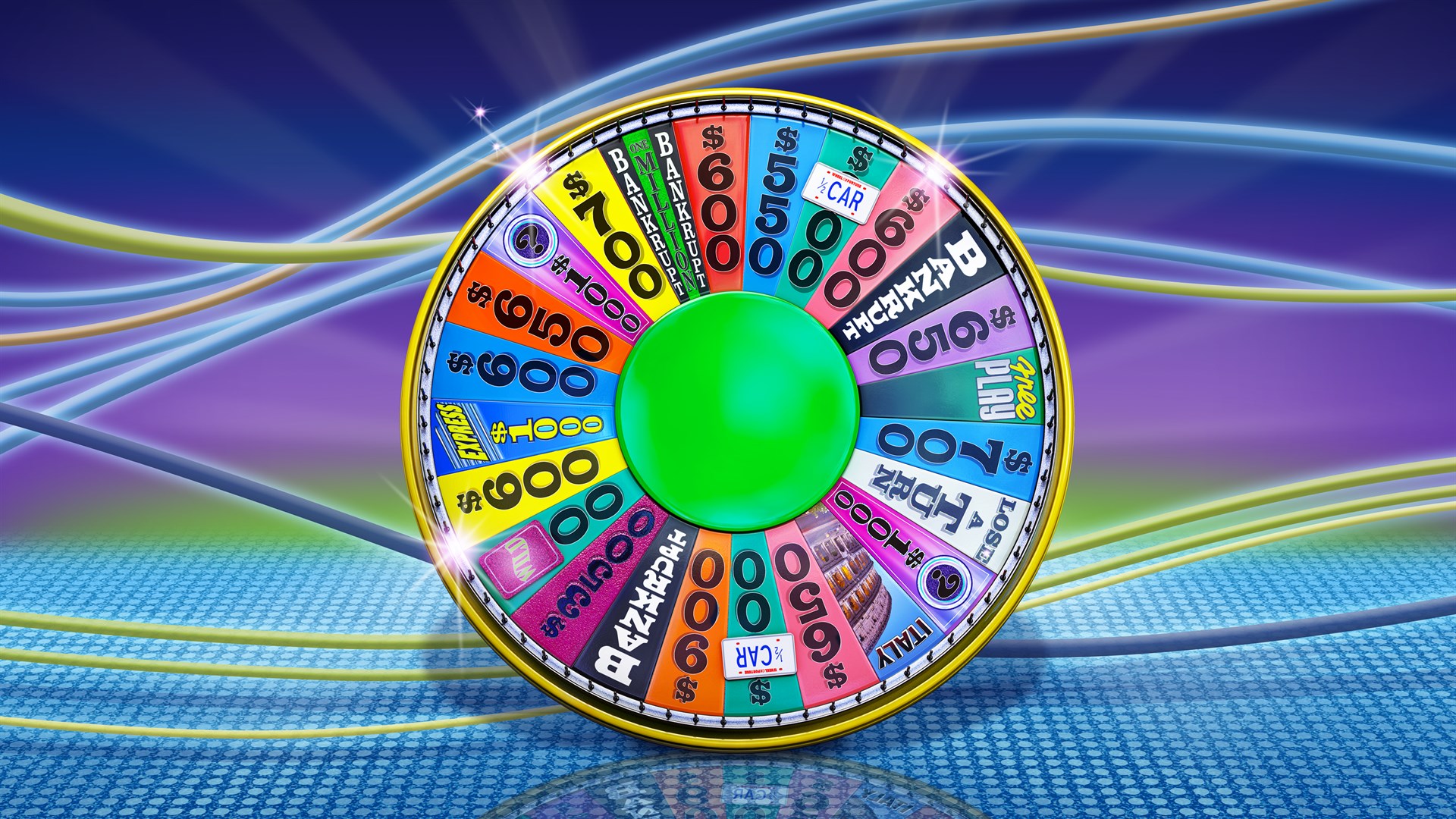Sometimes, you just feel a burst of pure happiness, a moment where everything seems to align just right. That feeling, that sudden rush of delight, often finds a voice in a simple, joyful sound. We are talking about the sound "whee," a natural expression that captures a quick, happy feeling. It is a sound that, when paired with the idea of fortune, paints a vivid picture of unexpected good things happening.
This idea of "whee of fortune" brings together two very different concepts. One is about an immediate, happy noise, a kind of spontaneous cheer. The other is about luck, chance, and the way things turn out for people. When you put them side by side, it creates a phrase that hints at delightful surprises. It suggests a moment when good luck makes you want to shout with joy, or perhaps just let out a little happy sound.
Today, on June 10, 2024, we will explore this interesting mix of words. We will look at where the sound "whee" comes from and what "fortune" really means in this context. We will also consider how language itself shifts and changes, much like luck can. You will find out how these words, and others we use every day, show us a lot about how people think and talk. We will, you know, just get into it a little.
Table of Contents
- The Lively Sound of "Whee"
- The Spin of "Fortune"
- Putting It All Together: "Whee of Fortune"
- Language, Like Life, Always Changes
- Common Questions About Words We Use
- A Final Thought on Playful Language
The Lively Sound of "Whee"
Where "Whee" Comes From
The sound "whee" is, apparently, a very old way people show joy. It is a natural shout of delight. The earliest records show it as an exclamation, a simple sound people make when they are feeling happy. So, it is not a word that was made up from other words. It is just a noise, really, that we all seem to understand means fun.
It is, you know, a bit like a laugh or a gasp. You do not need to learn what it means. You just feel it and say it. This kind of word, an interjection, pops out when feelings are strong. It is almost as if the sound itself carries the feeling.
More Than Just a Sound
"Whee" is more than just a noise; it carries a lot of feeling. It often goes with quick movements, like going down a slide or on a swing. It is a sound of freedom and lightheartedness. When someone says "whee," it usually means they are having a good time, a really good time.
This simple sound can, in a way, make others feel a bit happier too. It is catchy, sort of. Hearing it can remind you of your own happy moments. It is a sound that suggests pure, unthinking joy.
The Spin of "Fortune"
Chance and Good Things
The word "fortune" has a long story. It often means luck, especially good luck. People talk about their fortune as what happens to them in life, the good and the bad. But usually, when we say "fortune," we hope for something good, you know, like winning something or finding something nice.
It also connects to destiny or fate. Sometimes, things just happen, and we call that fortune. It is about things that are beyond our control, things that just come our way. This can be money, or success, or just a lucky break.
The "Wheel of Fortune" Connection
There is a very old idea of a "wheel of fortune." This wheel, apparently, spins and decides what happens to people. One moment you are up, the next you are down. It is a picture of how life can change quickly. This old image shows how unpredictable luck can be.
So, the "fortune" part of "whee of fortune" brings in this idea of things turning out well. It is about a lucky spin, a good outcome. It is not just any outcome, but one that makes you feel happy. It is, basically, the universe smiling on you just a little bit.
Putting It All Together: "Whee of Fortune"
What It Means When You Say It
When you hear "whee of fortune," it sounds like a playful shout of joy tied to good luck. It is not a very common phrase, really, but it makes sense when you think about it. It suggests a moment where a lucky event makes you feel like cheering. It is a bit like a small victory, or a happy discovery.
It captures that feeling when you get something you hoped for, or something even better. It is the sound you might make if you found a forgotten twenty-dollar bill in an old coat. Or, you know, if your favorite song came on the radio at just the right moment. It is about a happy outcome.
Capturing a Moment
This phrase, "whee of fortune," really captures a specific kind of moment. It is a moment of light, unexpected joy because something good happened. It is not about grand, life-changing events, necessarily. It is more about the small, happy turns of events that brighten a day. It is, arguably, a very human way to describe such feelings.
It reminds us that joy can be found in simple things, like a lucky break. It is a phrase that brings a smile, just by saying it. It is, basically, about the good vibes that come from good luck. We all like those, right?
Language, Like Life, Always Changes
Old Words and New Ways
Language is always moving, always changing. Words shift their meanings, and some words even disappear. Think about words like "thee" and "thou." These were once common ways to say "you." "Thou" was used when you were the person doing something, the subject. "Thee" was used when you were the one something was happening to, the object. "Thy" or "thine" showed ownership, like "your."
These words are not used much anymore in everyday talk. They feel old, like something from a storybook. This shows how much language can transform over time. It is a bit like old clothes going out of style. New ways of speaking come in, and the old ways fade, you know, mostly.
Talking About "Where"
Consider the word "where." We often ask "Where is she?" That is standard English, what most people expect. But sometimes, especially in certain parts of the United States, you hear "Where is she at?" This is a local way of speaking, a dialect. It is common in some southern areas, for example.
Then there is the question of "Where is my mother and father?" Grammatically, it should be "Where are my mother and father?" because there are two people. But sometimes, people just say "is" even with two subjects. It is a strange thing about how people actually talk, almost a shortcut. It is, basically, a common way people speak, even if it is not strictly by the book.
Also, think about "Where are you living?" versus "Where do you live?" The first asks about something happening right now, maybe for a short time. The second asks about your usual home. Similarly, "Are you traveling a lot?" asks about current habits, while "Do you travel a lot?" asks about general habits. These small word choices, like your, really change the meaning.
Testing Out Ideas: The "Dry Run"
Another interesting phrase is "dry run." This means a practice, a test, or an experiment. People use it in many different situations. They might do a "dry run" of a presentation before the real one. It is like a trial, to see if everything works. This phrase has been around in the United States for a while, since at least 2006, according to some books.
It is, however, a bit uncommon in some places. So, it might be confusing if you are not in an area where it is normal to say. It is a good example of how some phrases are local, like your, to certain areas or groups of people. It is, you know, just something to keep in mind.
Common Questions About Words We Use
What is the origin of the word whee?
The word "whee" comes from a natural sound people make to show enjoyment or delight. It is, apparently, an interjection, which means it is a word that expresses sudden feelings. Records show it has been used this way for a long time. It is not something made from other words, but a sound that just feels right when you are happy.
Is "where is she at" a proper way to speak?
"Where is she?" is the standard way to ask this question in English. "Where is she at?" is a local way of speaking, often heard in certain dialects, especially in the southern United States. While it is understood, it is not considered standard English. It is, you know, a bit like a regional flavor of speech.
What's the difference between "where are you living" and "where do you live"?
"Where are you living?" asks about your current, possibly temporary, place of residence. It suggests a situation that might change. "Where do you live?" asks about your permanent or usual home. The first is about a present action, the second about a general fact. It is, really, a subtle but important difference in meaning.
A Final Thought on Playful Language
Language is a living thing, always shifting and growing. It lets us express so many feelings, from a simple "whee" of joy to asking about where someone lives. It is, basically, a tool that helps us share our thoughts and feelings. The phrase "whee of fortune" shows how we can combine sounds and ideas to create something new and fun. It is about those happy little moments life throws our way.
So, the next time you feel a bit of unexpected good luck, maybe you will think of that happy sound. Pay attention to the words people use around you. You might just notice some interesting things. Learn more about word origins, you know, on other sites. Also, Learn more about language on our site, and check out this page for more interesting word stories. It is pretty cool, actually.



Detail Author:
- Name : Lola Davis
- Username : marquardt.flossie
- Email : pacocha.claudie@casper.com
- Birthdate : 2006-04-02
- Address : 3663 Hagenes Unions Runolfsdottirfurt, CT 23342-0868
- Phone : +1-269-397-2063
- Company : Kreiger PLC
- Job : Machine Tool Operator
- Bio : Et qui aut illum eum repudiandae. Reprehenderit harum culpa maxime qui molestias quam ipsum repellendus. Ex eius praesentium saepe vel molestias recusandae eveniet. Possimus fugit unde nesciunt.
Socials
twitter:
- url : https://twitter.com/gusikowski2010
- username : gusikowski2010
- bio : Corporis fugit quo qui aut quia incidunt. Ut nihil eum aut earum itaque.
- followers : 5861
- following : 2504
facebook:
- url : https://facebook.com/allen_gusikowski
- username : allen_gusikowski
- bio : Nihil qui possimus est sit dolor eveniet.
- followers : 4010
- following : 1763
instagram:
- url : https://instagram.com/gusikowskia
- username : gusikowskia
- bio : Nostrum deserunt nostrum non expedita. Inventore id sit molestias.
- followers : 6179
- following : 2478
linkedin:
- url : https://linkedin.com/in/allen_gusikowski
- username : allen_gusikowski
- bio : Voluptatibus sit eaque delectus architecto.
- followers : 3683
- following : 708

